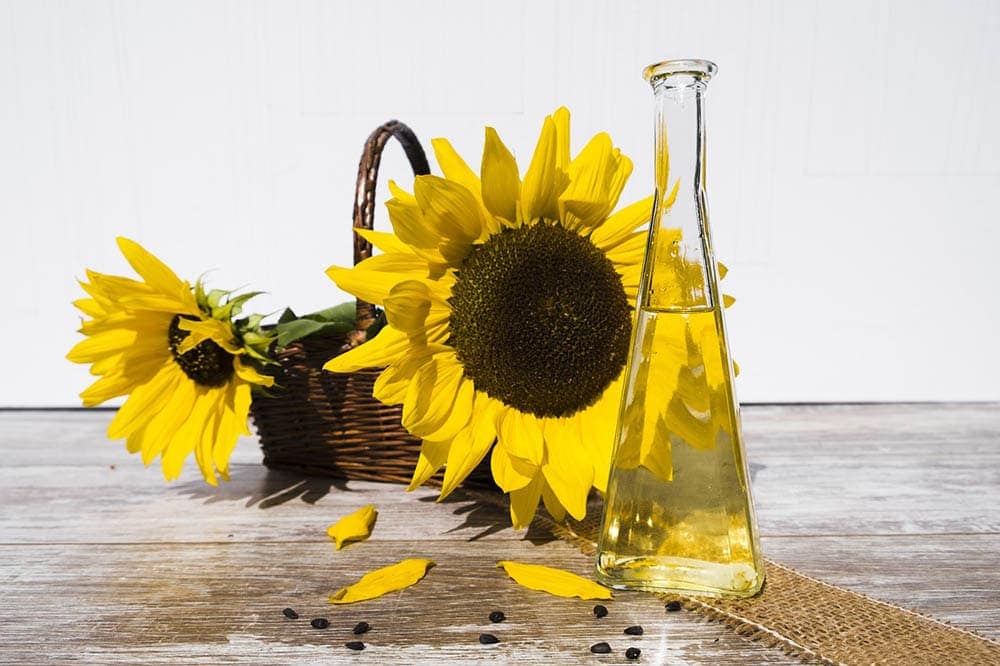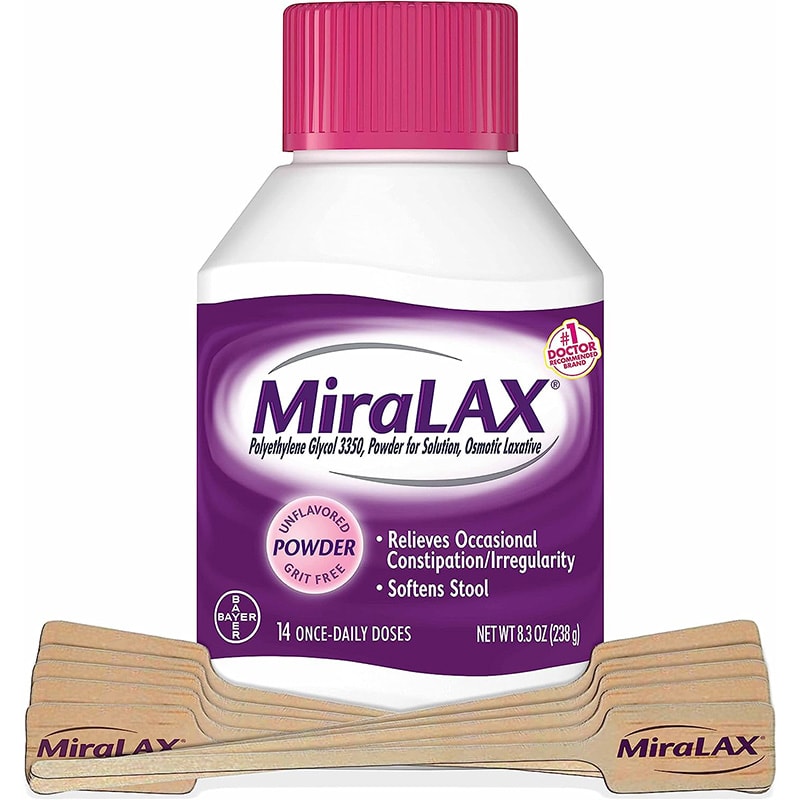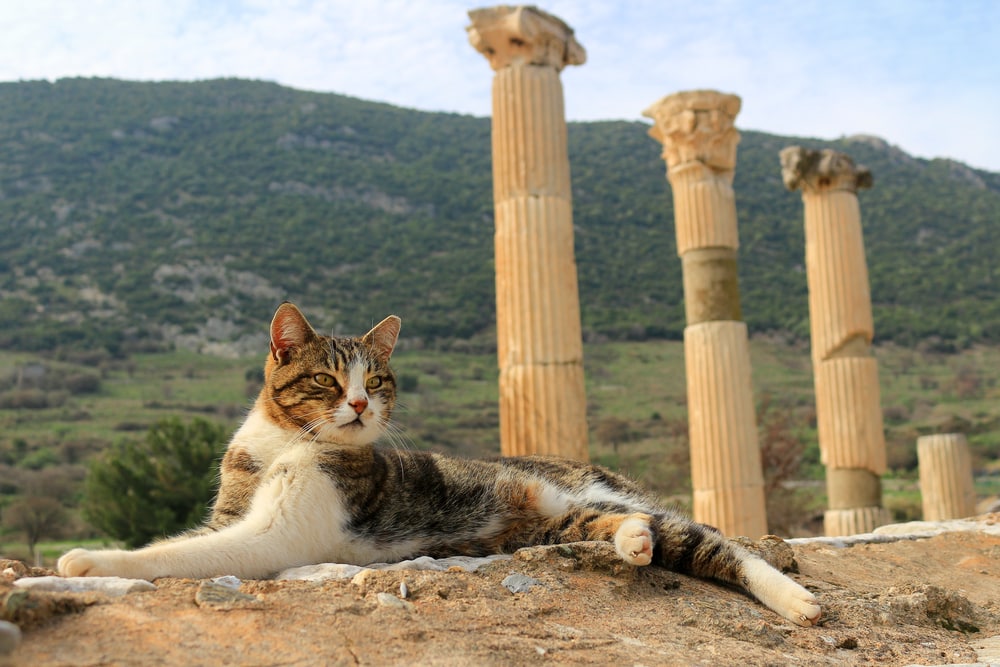Does Ammonia Keep Cats Away? Safety & Effectiveness Explained

Updated on
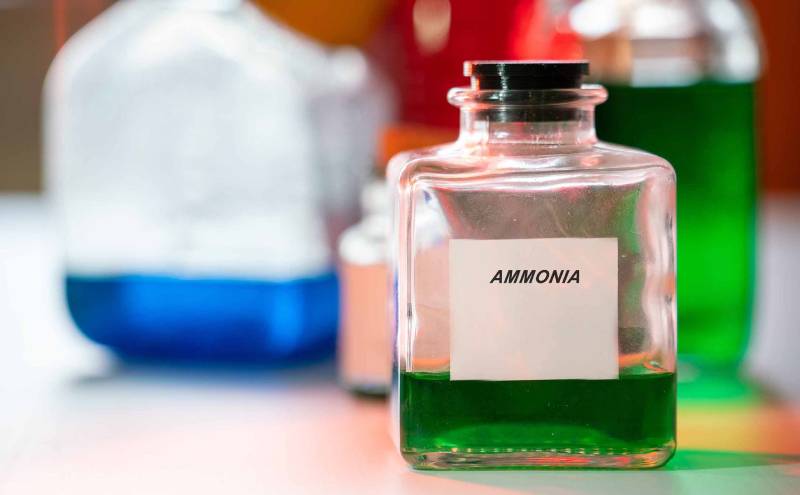
Neighborhood cats and feral animals sometimes visit gardens, porches, and windowsills in their daily travels, but they wear out their welcome when they leave behind waste, dead rodents, and half-eaten plants. Keeping cats away from your property may seem complicated, but what can you do to deter them?
Although ammonia may prevent some cats from visiting your yard, it’s not an effective or humane substance to keep your property feline-free. Inhaling ammonia can damage the animals’ respiratory systems, and some cats may mistake ammonia for another animal’s marking and decide to cover the spot with urine. Read on to learn more.
Why Is Ammonia Dangerous to Cats?
If you’ve ever been lucky enough to scrub the toilet and walls in your bathroom, you may have noticed the warnings on the cleaner’s bottle. Most cleaning products for bathrooms contain ammonia, and manufacturers specify that their products should only be used in ventilated areas. Inhaling ammonia is dangerous for all animals, including cats.
In 1980, researchers exposed healthy cats to 10 minutes of ammonia gas to study the effects of the chemical on their respiratory systems. Their findings concluded that exposure to ammonia could cause severe damage to the animals’ lungs and lead to death. Compared to humans, cats have tiny lungs that cannot tolerate the same level of abuse.
The 7 Natural Options to Keep Cats Away
A volatile chemical may persuade a wandering cat to visit another yard, but there are several humane methods to keep cats away.
1. Aromatic Herbs
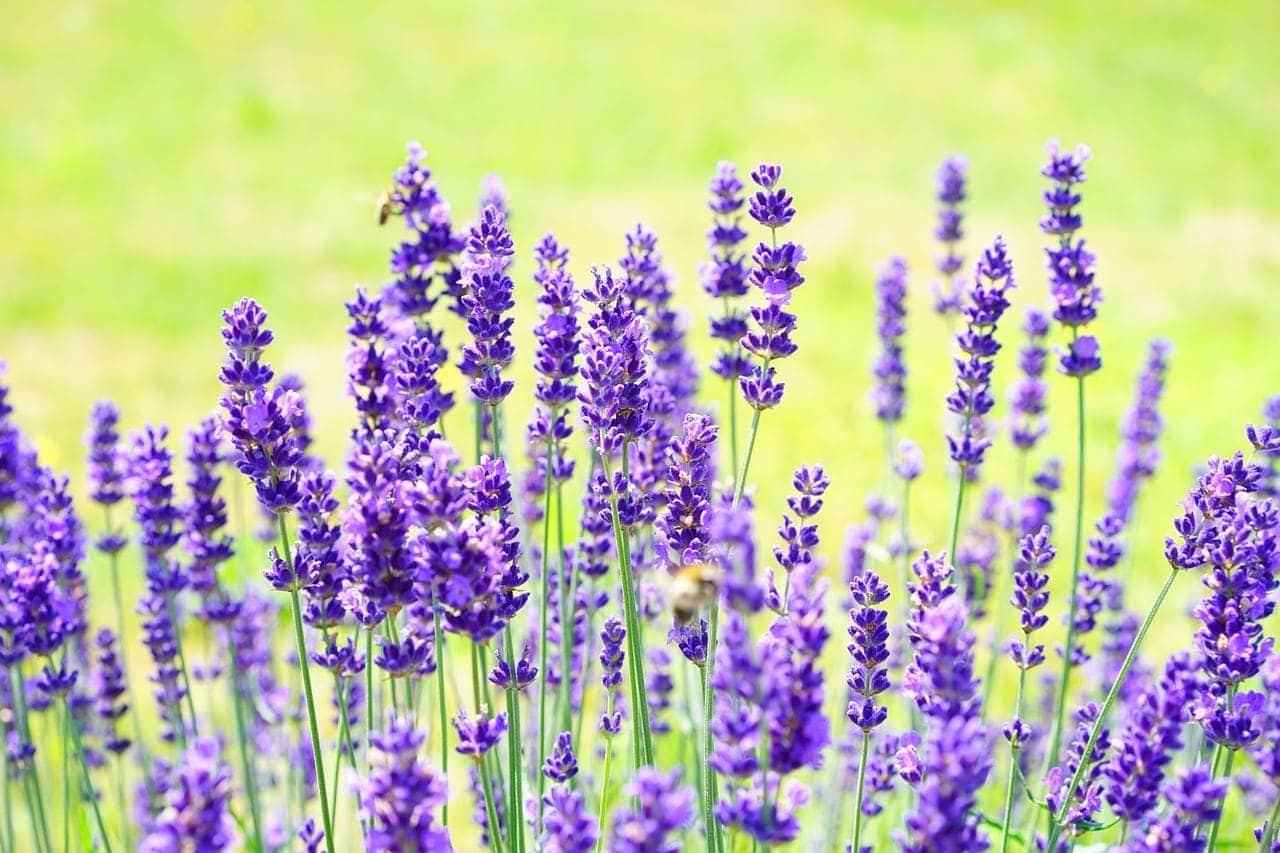
Deterring the neighborhood cats may be as simple as buying a plant from the garden center. Cats are not fond of aromatic herbs like lavender, rosemary, peppermint, lemon thyme, and lemongrass. You can plant them in your garden to protect fruits and vegetables, or you can use potted herbs to ward off cats on your porch or deck. For areas with limited space for pots such as windowsills, you can try fresh herbs wrapped in breathable materials like coffee filters.
2. Citrus Peels
Cats hate the scent and flavor of citrus fruits. You can leave sachets of citrus peels in areas where outdoor cats congregate to keep them away, or you can use a diluted citrus spray. Lemon juice seems to be more effective than using oranges or limes, and you can make a homemade lemon spray by mixing ½ cup of water with 1 cup of lemon juice.
The spray helps most on vertical surfaces that cannot hold a bag of peels. You can spray it on your porch or windowsill, but you may want to test a small area before using it on wooden furniture or fence posts. Lemon juice can stain wood and discolor paint if it’s left in the sun too long.
3. Coffee Grounds
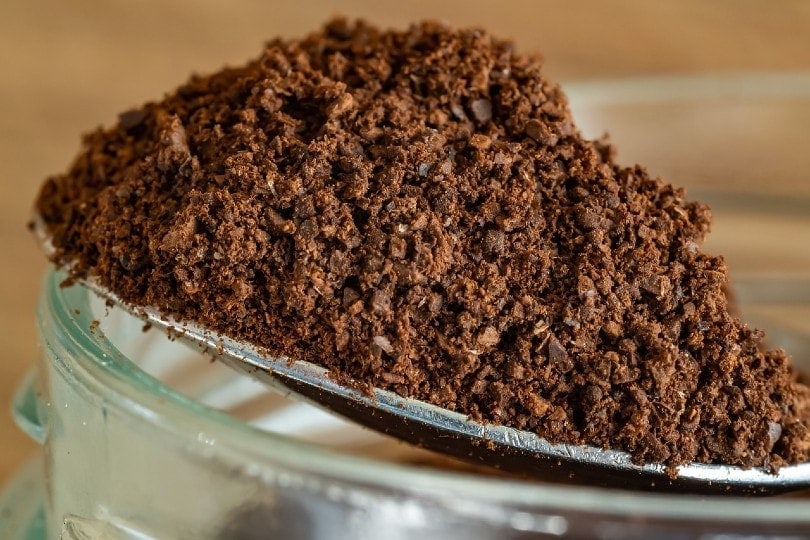
Humans welcome the aroma of coffee in the morning, but cats would rather smell tuna or roasted chicken. Dark roasted beans are typically more aromatic than light roasts, and you can place a few ½ cups of strong beans in filters to keep felines away. Ground coffee will also work, but it creates more of a mess if an animal tears the bag open. However, coffee grounds can be spread around your garden to protect your edibles and ornamentals, and when it breaks down, it serves as nutritious compost for your plants.
4. Water Puddles
One of the cheapest deterrents for keeping cats off of your porch or deck is water. We do not suggest blasting the neighborhood cats with a high-pressure hose, but you can saturate the deck and patio with water every morning and evening to prevent cats from congregating or urinating on your property.
Cats will not rest or relieve themselves in areas with pooled water. When it’s sweltering, you’ll have to try another method because the water will evaporate quicker, and you cannot coat your porch with water when the temperature drops below freezing.
5. Motion-Activated Sprinklers and Noisemakers
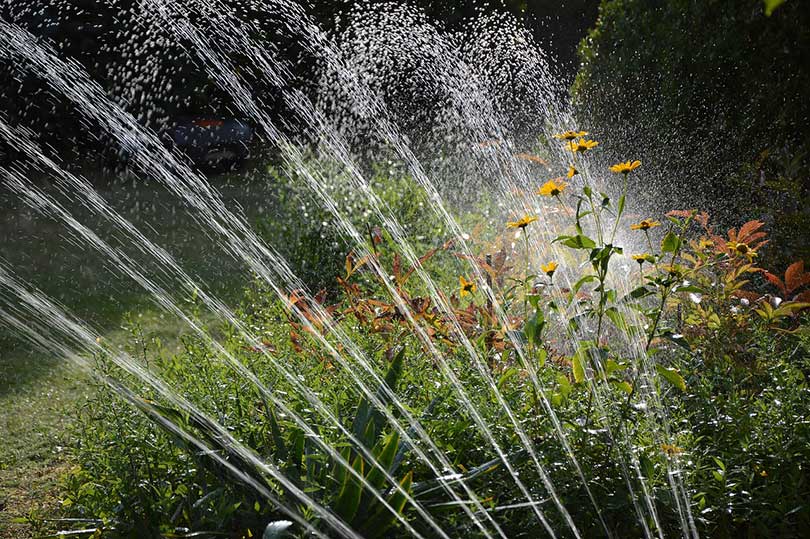
Depending on the weather, you can use motion-activated sprinklers to keep cats and other creatures from lingering on your property. The only problem with the sprinklers is they have to be connected to your water hose. If you use a heavy-duty hose, you should not have any issues, but a small leak in an old hose can increase your water bill.
You can also buy a motion-activated noisemaker that repels cats with an obnoxious sound. Some models emit a citronella or cinnamon mist when they’re triggered, but we suggest using a scentless noisemaker as a more humane option. Some devices operate with rechargeable batteries, but you can also find premium units that use solar panels for power.
6. Spaying or Neutering
Cats who have not been spayed or neutered can attract other felines with raging hormones. Having your pet fixed can keep the animal from wandering outside, and it will encourage anxious visitors to look for mates elsewhere.
7. Food Removal
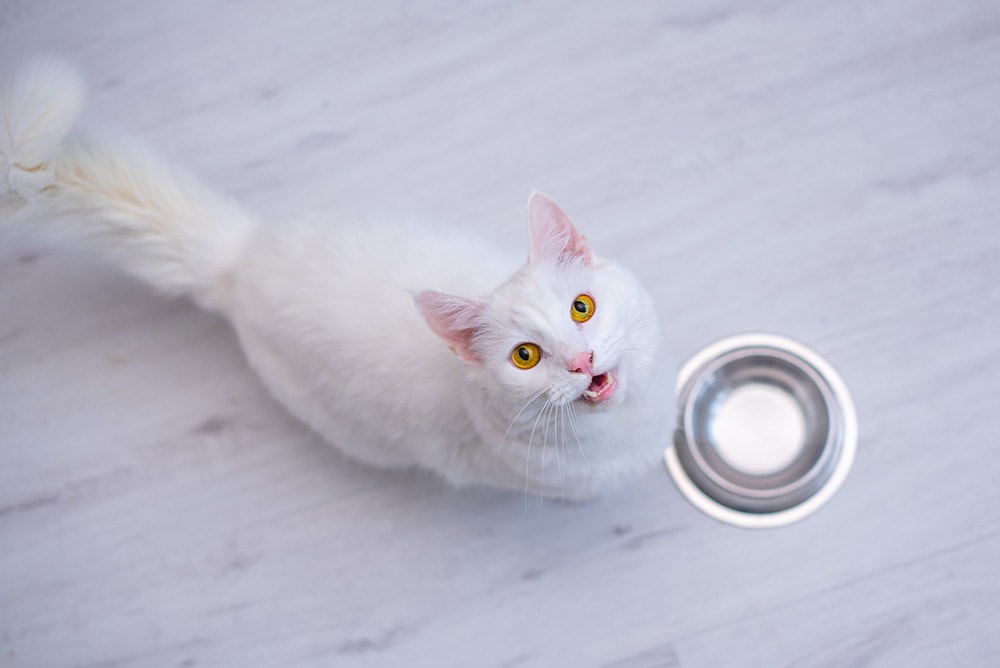
Whether the pet food is for dogs or cats, leftover meals in pet dishes can attract cats, rodents, and wildlife to your home. After feeding your pets, remove all food bowls and store them indoors.
Other 3 Deterrents To Avoid
Cats can be attracted to your house for multiple reasons, but thankfully, you have several humane options for keeping the kitties away. When you search online for deterrents, you may run into some toxic formulas recommended by uninformed DIY enthusiasts. While many substances will keep cats away, they can also cause severe injuries or death.
1. Mothballs

Although veterinarians, physicians, and animal rights supporters have warned pet parents for decades against using mothballs to keep cats and dogs away, you can still find online articles that recommend their use. Mothballs can contain naphthalene or paradichlorobenzene. These pesticides are poisonous to cats, but naphthalene is twice as powerful as paradichlorobenzene and can cause vomiting, red blood cell damage, seizures, and liver damage.
2. Hot Pepper

A few online gardeners have suggested using cayenne and other hot peppers to keep cats away, but while it’s not toxic to cats, it can irritate their eyes and stomachs. Powdered hot peppers do not emit strong odors, and most cats will not know that it’s even present until they inhale it. Protecting fruits and vegetables from cats and other animals is crucial if you want a large harvest, but you can keep them away without inflaming their nostrils.
3. Essential Oils
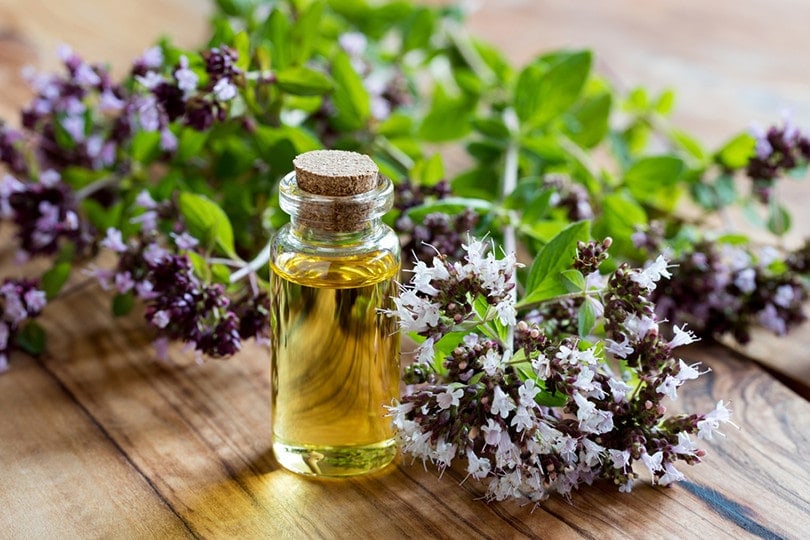
Although the scents from fresh herbs can safely deter felines, the essential oils made from the herbs are particularly toxic to cats. Inhaling the fumes from infusers can cause eye and lung irritation, but if a cat licks a small amount of essential oil, it can experience breathing difficulty, drooling, mobility issues, muscle tremors, burning lips, and vomiting. Cats cannot metabolize the oils efficiently because their livers do not contain enough of the proper enzyme.
Conclusion
Ammonia is helpful when you need to scrub a dirty bathroom, but it’s not an appropriate chemical to use to repel cats. Toxic fumes and caustic substances can repel cats, but they can also cause irreparable harm to the animals. Using a humane deterrent is the ideal way to keep your property free of visitors, but you can also investigate why cats are drawn to your home. Keeping your yard clean, removing pet food bowls, and keeping your cat indoors can reduce the chances of a feline invasion.
Featured Image Credit: luchschenF, Shutterstock


